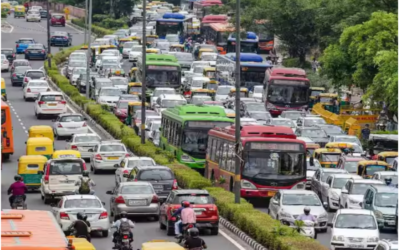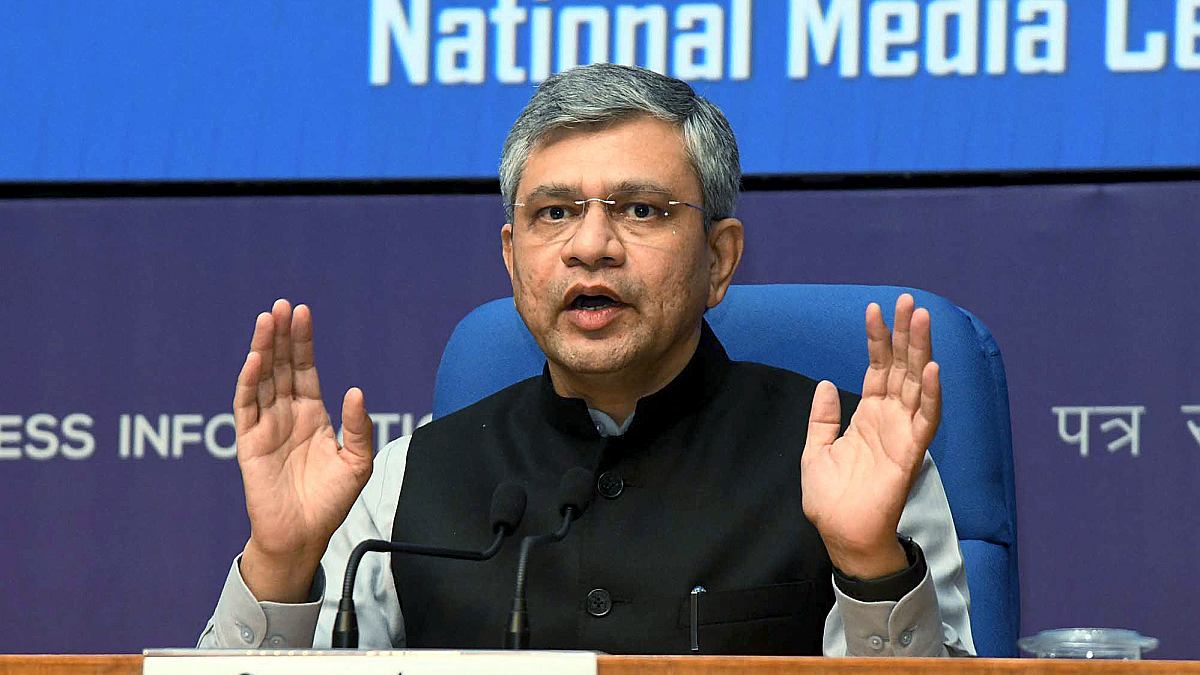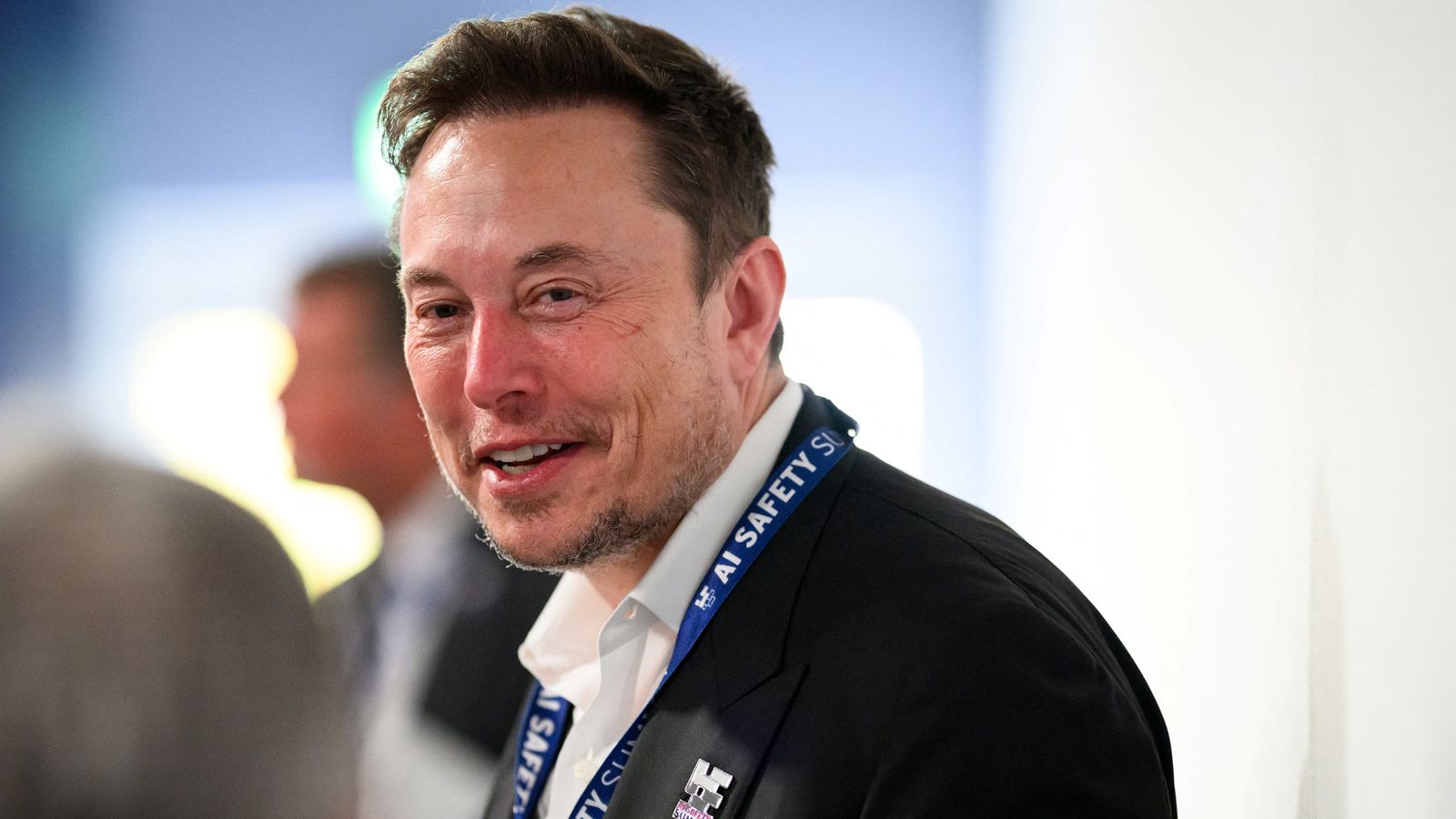Tesla is set to increase its imports of components from India, with Piyush Goyal noting the company’s trajectory towards doubling the current import volume.

At present, India enforces a 100 percent import duty on fully imported cars valued at more than USD 40,000 CIF (Cost, Insurance, and Freight), and 70 percent on those costing less than this amount. Piyush Goyal, the Minister of Commerce and Industry, recently visited Tesla’s manufacturing facility in California. During his visit, he mentioned that Tesla plans to double its imports of auto components from India. Elon Musk, Tesla’s CEO, had met with Prime Minister Narendra Modi earlier, expressing intentions to visit India in 2024.
Goyal expressed delight in witnessing Indian professionals in senior positions at Tesla and highlighted the growing significance of Indian auto component suppliers in Tesla’s electric vehicle supply chain. He noted the company’s aim to increase its components imports from India. Goyal also mentioned a missed meeting with Elon Musk and wished him a speedy recovery on the social networking platform X, which is owned by Musk.
This visit is significant amid reports suggesting that India is considering customs duty concessions for Tesla to encourage the establishment of a manufacturing plant in the country. In September, Goyal stated that Tesla plans to source around USD 1.9 billion worth of components from India in the current year, compared to USD 1 billion in 2022. The government, in its support for the electric vehicle sector, has implemented production-linked incentive schemes for advanced chemistry cell battery storage and the auto, auto-components, and drone industries.
Regarding duty concessions on fully built-up units to attract specific electric car segments, Goyal emphasized the government’s commitment to equal opportunities and stated that policies would be formulated without differentiation or preferences. Elon Musk had previously expressed Tesla’s interest in setting up a manufacturing unit in India, contingent on success with imported vehicles, citing high import duties as a challenge.







